Grantee Partner Survey
Between September and October 2023, the LEF invited grantee partners to participate in an online survey to document their experiences, strengths, and priorities, as they relate to the support they receive from the LEF.
One hundred LEF grantee partners took part in the survey, which centred on themes such as organizational health, efforts to pursue legal empowerment, contributions to change, and grantee feedback and recommendations about the LEF’s support.
What our grantee partners say
Organizational health
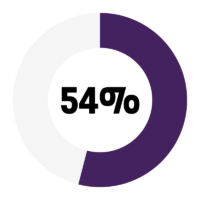
of groups stated their funding situation had improved.
20% said it had stayed the same and 24% said it had worsened.
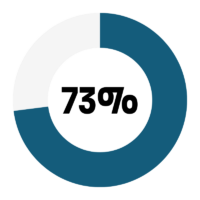
of groups have mostly restricted funding that cannot be used for general operating costs.
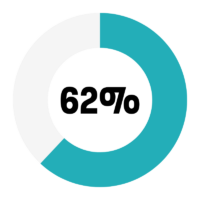
of groups do not feel financially prepared for the year ahead.
The majority of these feel their funding sustainability is “on the edge”, with a small number facing severe financial precarity.
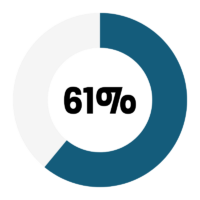
of groups reported that staff or volunteers experienced mental health challenges in the past year.
Most respondents (73%+) have internal well-being measures in place (e.g., flexible working arrangements, internal dialogue).
The most common threats reported were:
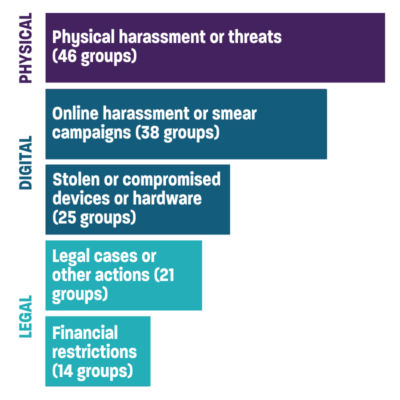
Efforts to pursue human rights
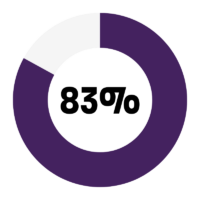
of groups reported using rights awareness raising or education to advance legal empowerment.
Other commonly used strategies were local or national advocacy (82%), community organizing or mobilisation (78%), civil society network building and collaboration (75%), research and knowledge production (67%) and observation / documentation of human rights abuses (55%).
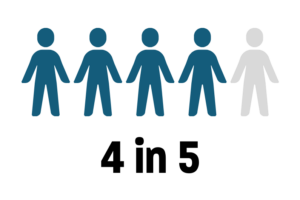
grantee partners reported engaging individuals, groups, or communities they support when designing, planning and conducting their services. Over 60% also engaged stakeholders during their strategy design process, their monitoring, learning and evaluation process and to build staff skills and knowledge.
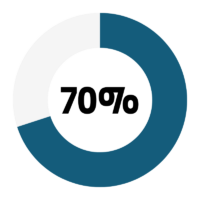
of groups stated lack of financial or human resources was the most common barrier to collaboration.
Sharing experience and learning and joint advocacy were seen as the most beneficial opportunities for collaboration by grantee partners.
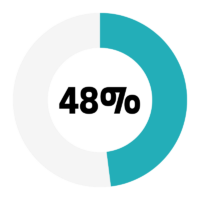
of grantee partners report either direct or indirect major effects of climate change on their work.
Contribution to changes
The majority of groups report a heavily localised geographic scope for their work. Fewer than 6% of groups indicated working in multiple countries. Despite this localized focus, nearly all grantee partners are active in networks or coalitions both locally and internationally.
Current network or coalition participation:
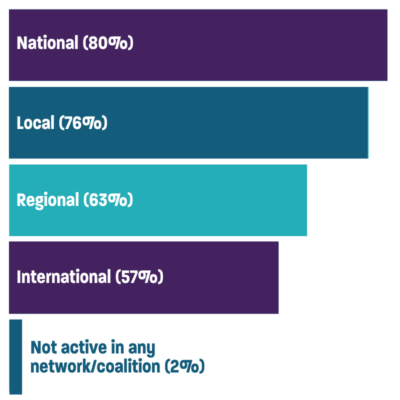
Grantee groups report a variety of organizational assets that they draw on to create change in their contexts.
Most common areas of strength among groups:
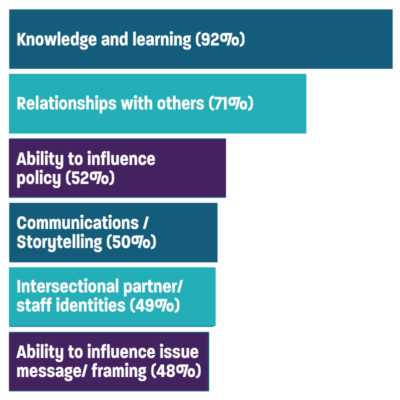
The least common areas of strength included access to external decision-making processes (26%) and financial resources (22%).